In recent years, the number of patent applications for electrochemical energy storage technologies has soared. According to a new study, the largest volume of applications by far is submitted by developers of lithium batteries. The study offers a first differentiated analysis of which energy storage technologies will be viable in the exit from fossil-fuel energy. In this area, European and US companies are falling behind economically, as Asian companies apply for a substantially higher number of patents.
Aug 19th, 2014
Read more
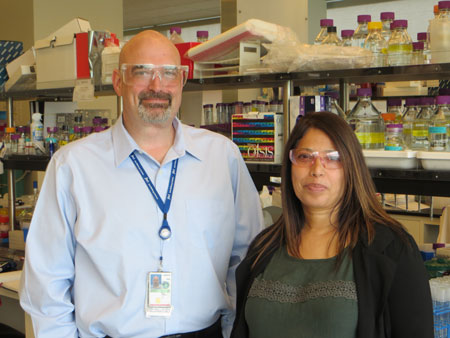 While the powerful solvents known as ionic liquids show great promise for liberating fermentable sugars from lignocellulose and improving the economics of advanced biofuels, an even more promising candidate is on the horizon - bionic liquids.
While the powerful solvents known as ionic liquids show great promise for liberating fermentable sugars from lignocellulose and improving the economics of advanced biofuels, an even more promising candidate is on the horizon - bionic liquids.
Aug 18th, 2014
Read more
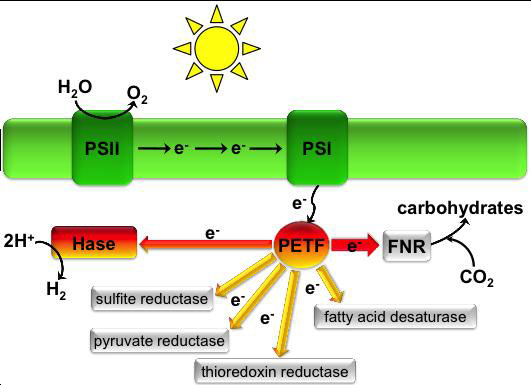 Microalgae need only sunlight and water for the production of hydrogen. However, in order to make hydrogen production by microalgae economically feasible their efficiency has to be increased by 1-2 orders of magnitude. Researchers now present how an improvement in efficiency can be achieved.
Microalgae need only sunlight and water for the production of hydrogen. However, in order to make hydrogen production by microalgae economically feasible their efficiency has to be increased by 1-2 orders of magnitude. Researchers now present how an improvement in efficiency can be achieved.
Aug 18th, 2014
Read more
Global installations of tidal stream and wave power are set to grow to 148MW and 21MW respectively by the end of this decade, from almost nothing today, but these are still trifling amounts in the context of the world's power system.
Aug 18th, 2014
Read more
Proposal could divert a dangerous waste stream while producing low-cost photovoltaics.
Aug 18th, 2014
Read more
Scientists are looking at formulating sustainable fertilisers from renewable energy waste. This new area of research aims to produce a sustainable, environmentally-friendlier source of soil conditioner and crop fertiliser that could also reduce costs to farmers and potentially, with wide-spread take-up, help to slow down rising food prices.
Aug 14th, 2014
Read more
A five-year, $20 million National Science Foundation grant will allow chemists to study new ways to make plastics more sustainable.
Aug 13th, 2014
Read more
A new technique transforming stinky, air-polluting landfill gas could produce the sweet smell of success as it leads to development of a fuel cell generating clean electricity for homes, offices and hospitals, researchers say. The advance would convert methane gas into hydrogen, an efficient, clean form of energy.
Aug 12th, 2014
Read more
Both Mexico and the countries to its south are heavily dependent on diesel- and oil-fired generation, and are starting to invest heavily in cleaner options.
Aug 11th, 2014
Read more
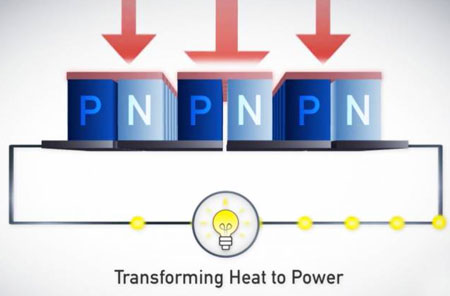 Thermoelectric devices turn waste heat into electricity for vehicles and other machines.
Thermoelectric devices turn waste heat into electricity for vehicles and other machines.
Aug 11th, 2014
Read more
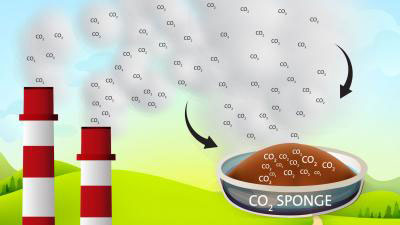 A plastic sponge that sops up the greenhouse gas carbon dioxide might ease our tranisition away from polluting fossil fuels to new energy sources like hydrogen.
A plastic sponge that sops up the greenhouse gas carbon dioxide might ease our tranisition away from polluting fossil fuels to new energy sources like hydrogen.
Aug 10th, 2014
Read more
 CASSANDRA platform is available to the public in order to enable stakeholders to maximize their benefits in the energy markets by testing and benchmarking real life scenarios and to enable consumers through DR programmes to decrease their energy consumption and electricity bills.
CASSANDRA platform is available to the public in order to enable stakeholders to maximize their benefits in the energy markets by testing and benchmarking real life scenarios and to enable consumers through DR programmes to decrease their energy consumption and electricity bills.
Aug 8th, 2014
Read more
 The fate of oil during the first day after an accidental oil spill is still poorly understood, with researchers often arriving on the scene only after several days. New findings from a field experiment carried out in the North Sea provide valuable insight that could help shape the emergency response in the immediate wake of disasters.
The fate of oil during the first day after an accidental oil spill is still poorly understood, with researchers often arriving on the scene only after several days. New findings from a field experiment carried out in the North Sea provide valuable insight that could help shape the emergency response in the immediate wake of disasters.
Aug 8th, 2014
Read more
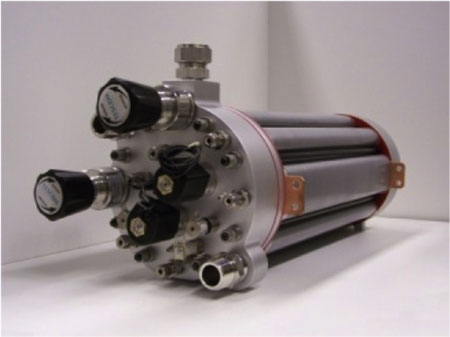 Development of these new energy storage devices will help enable NASA's future robotic and human-exploration missions and aligns with conclusions presented in the National Research Council's 'NASA Space Technology Roadmaps and Priorities', which calls for improved energy generation and storage with reliable power systems that can survive the wide range of environments unique to NASA missions.
Development of these new energy storage devices will help enable NASA's future robotic and human-exploration missions and aligns with conclusions presented in the National Research Council's 'NASA Space Technology Roadmaps and Priorities', which calls for improved energy generation and storage with reliable power systems that can survive the wide range of environments unique to NASA missions.
Aug 8th, 2014
Read more
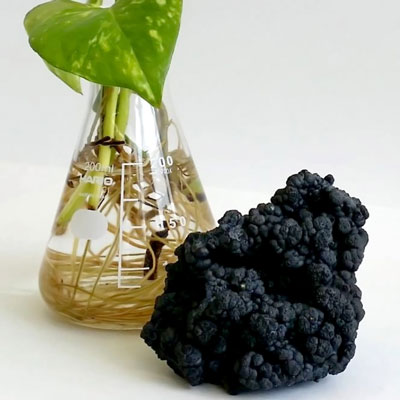 Pyridine chemicals make manganese oxide more effective at neutral pH.
Pyridine chemicals make manganese oxide more effective at neutral pH.
Aug 8th, 2014
Read more
Researchers from the U.S. Department of Energy's Argonne National Laboratory and the Illinois Institute of Technology were awarded $2 million over the course of two years to fund studies on hybrid fuel cells from the Advanced Research Projects Agency - Energy (ARPA-E).
Aug 5th, 2014
Read more
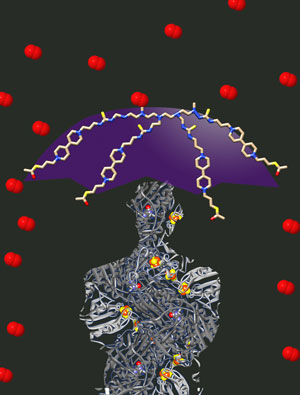 Researchers report a novel concept to work with efficient and possibly cheaper catalysts. A kind of buffer protects the catalysts against the hostile conditions encountered in fuel cells, which have been to date dismissed utilization.
Researchers report a novel concept to work with efficient and possibly cheaper catalysts. A kind of buffer protects the catalysts against the hostile conditions encountered in fuel cells, which have been to date dismissed utilization.
Aug 4th, 2014
Read more
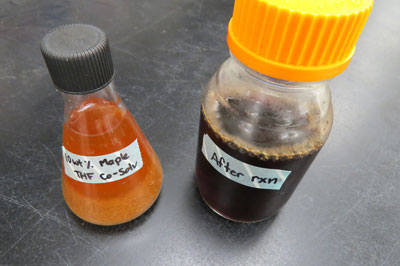 Researchers have developed a versatile, relatively non-toxic, and efficient way to convert raw agricultural and forestry residues and other plant matter, known as lignocellulosic biomass, into biofuels and chemicals.
Researchers have developed a versatile, relatively non-toxic, and efficient way to convert raw agricultural and forestry residues and other plant matter, known as lignocellulosic biomass, into biofuels and chemicals.
Aug 4th, 2014
Read more

 Subscribe to our Cleantech News feed
Subscribe to our Cleantech News feed








